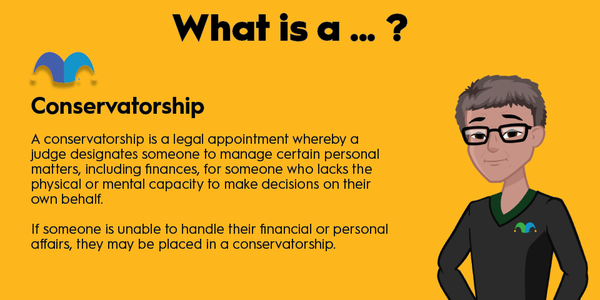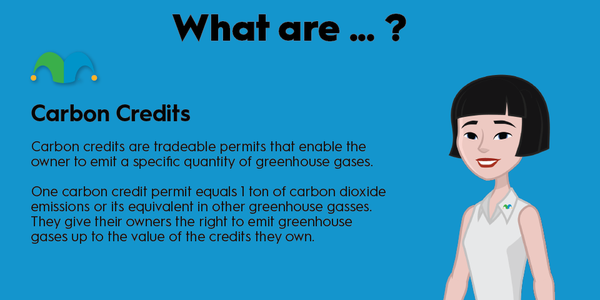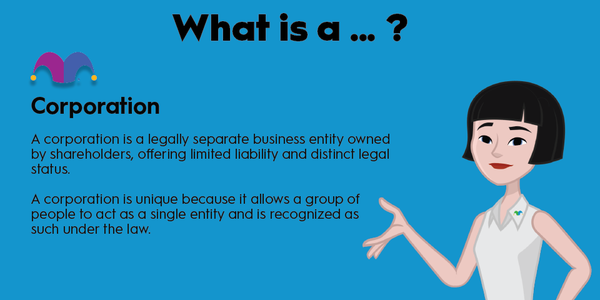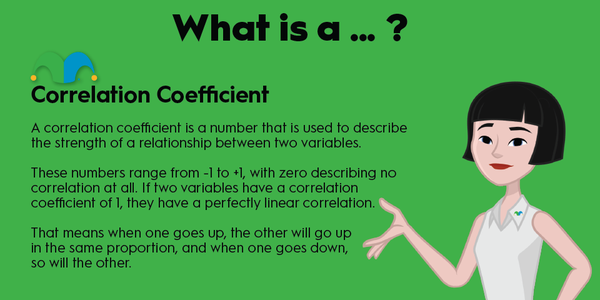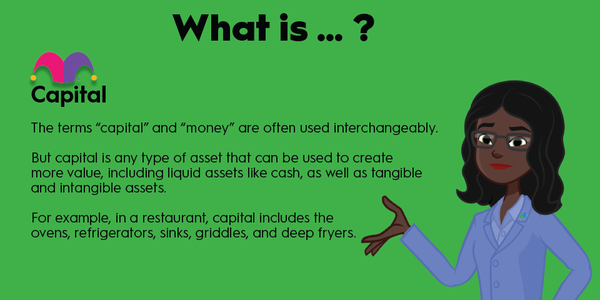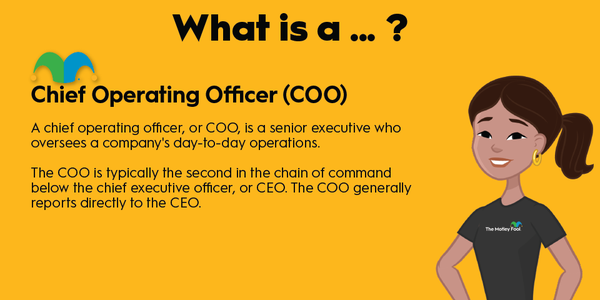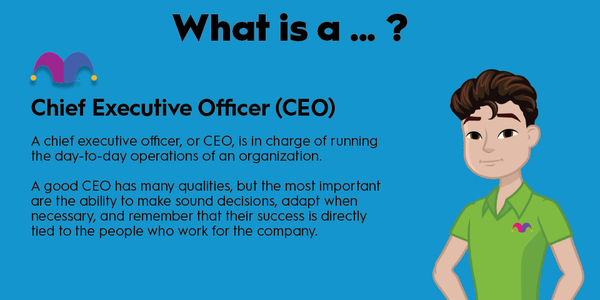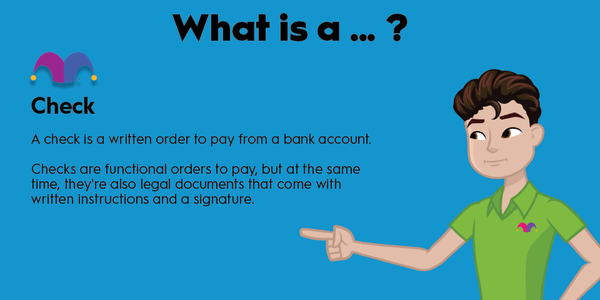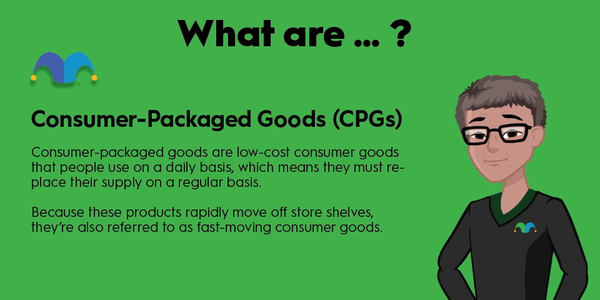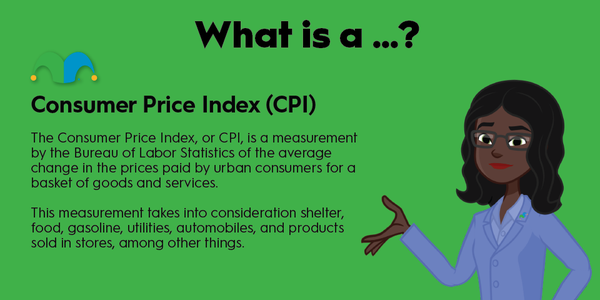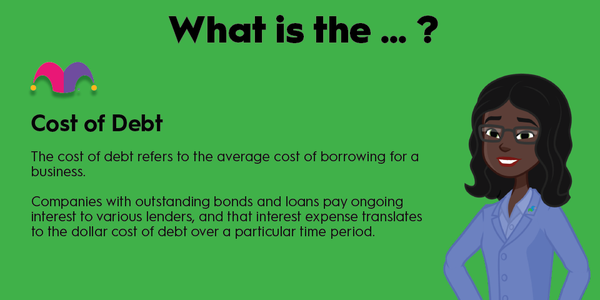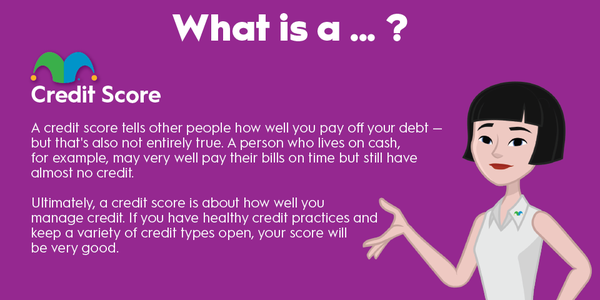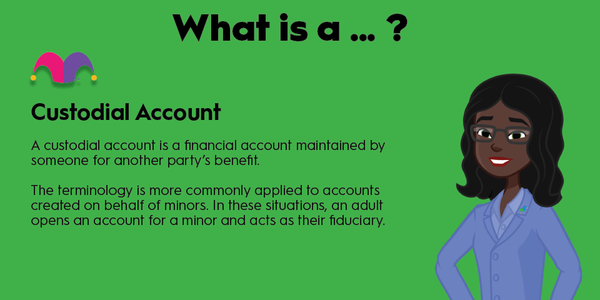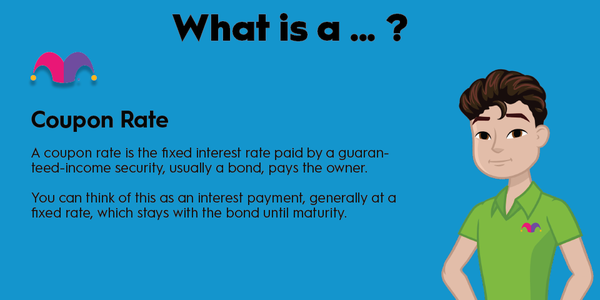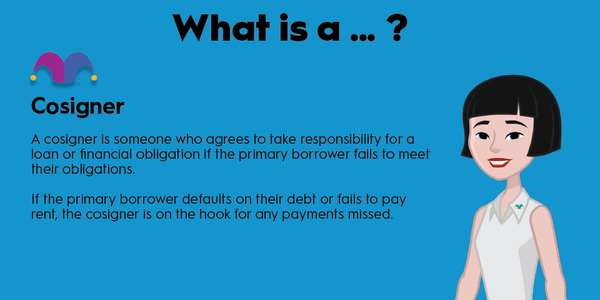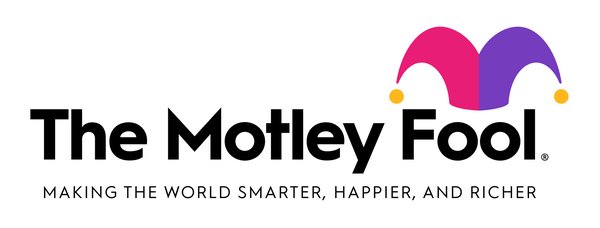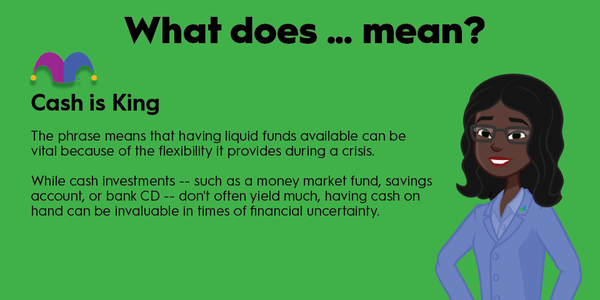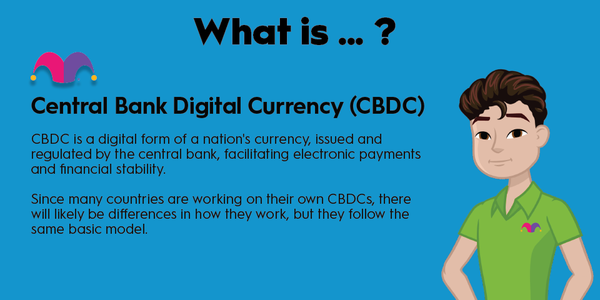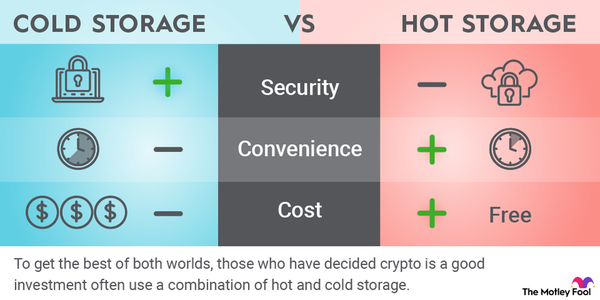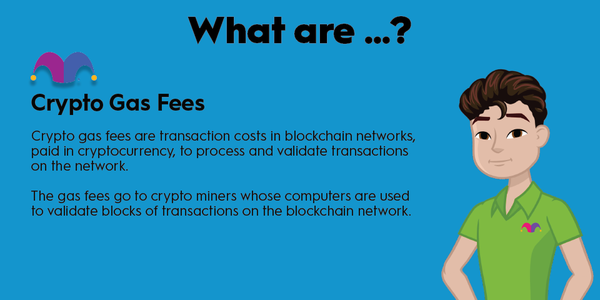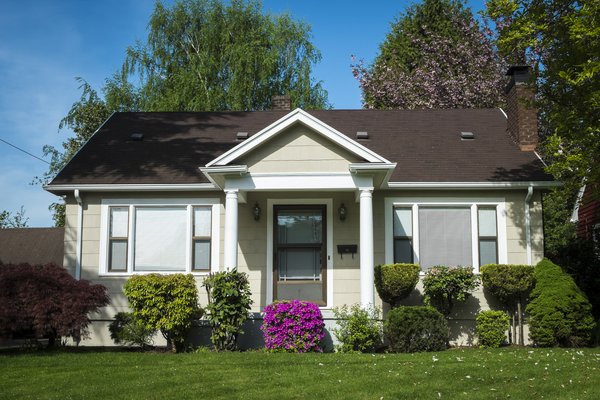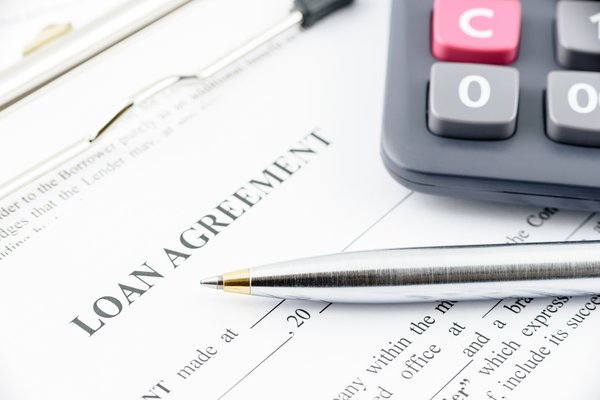If there's one thing most investors know, it's that zoning laws can inhibit land uses, but there are ways to get around them. For instance, a conditional use permit allows for an exception to a local zoning ordinance.
Below is a guide to how these permits work in real estate. Keep reading to learn more about what a conditional use permit is, how the process for obtaining one works, and why investors should consider jumping through hoops with their local planning board. Armed with this knowledge, you'll have a much better idea of whether getting a permit for your investment property is the right move for you.

What is a conditional use permit?
What is a conditional use permit?
As the name suggests, a conditional use permit (CUP) is a type of exception to the local zoning ordinance. In particular, this type of permit allows the property owner to use the property in certain ways that do not comply with the current zoning laws. Obtaining an exception for some conditional uses under reasonable conditions is often an easier alternative to rezoning the property entirely.
The most common example of a CUP in residential real estate is when a property owner operates a home-based business in a residential neighborhood and zoning district. However, there are many reasons why someone may want to expand land uses or get around a particular zoning regulation. Notably, CUPs are often used in commercial real estate to allow a particular zoning district to be used for retail or industrial purposes.
That said, whatever the reason behind applying for the permit, it's important to note that a conditional use permit is different from a zoning variance. Specifically, a zoning variance is granted in order to allow the landowner to change the physical characteristics of the property. In contrast, a conditional use permit allows the landowner to adopt different uses for the property.
How to get a conditional use permit for a property
How to get a conditional use permit for a property
Unfortunately, there is no one-size-fits-all answer to how to get a CUP for a property. This is one situation where the process will likely depend on the local zoning laws in your particular city or municipality. Still, to give you a general idea of what to expect, we've provided a broad overview below.
In most areas, the CUP approval process will start with the landowner filling out a permit application and submitting it to the local zoning authority. This application usually comes with a fee, and the review process will likely include having a public hearing on the matter.
The public hearing will allow owners of neighboring properties to express their concerns or support. However, it will also allow you the opportunity to present your general plan for the conditional uses of the property to the zoning board before they make their final decision on the project.
If you're thinking of making a permitting request, the best thing for you to do is get in touch with the zoning administrator for your particular zoning district. They can help you better understand how the review process works in your city or municipality. They can also offer advice on how you increase your chances of getting a positive recommendation from your planning commission.
What benefits do conditional use permits have for investors?
What benefits do conditional use permits have for investors?
Now that you have a better idea of what conditional-use permits are and how to get one, the next step is to talk about the benefits that these permits can have for real estate investors. Typically, the biggest benefit is that a CUP will lend increased flexibility to the way in which the property can be utilized, which should also increase the number of interested buyers or tenants.
However, an additional benefit is that having a CUP can be a selling feature. Once approved, these permits stay with the property, even when it is sold. If the governing body that handles zoning in your town is notoriously difficult to deal with and your property already has a CUP attached to it, you may be able to leverage that into a higher sale price or monthly rent.
Other Investing Topics
The bottom line on CUP investment opportunities
At the end of the day, obtaining a permit is typically not an easy process. Most zoning boards require that any conditional uses support the general welfare of the community and that a comprehensive plan for these uses is presented at a public hearing. But if you are willing to jump through the hoops for getting one of these permits, it could have a drastic impact on your bottom line. You'll likely be able to command higher values than other nearby properties without a permit.
